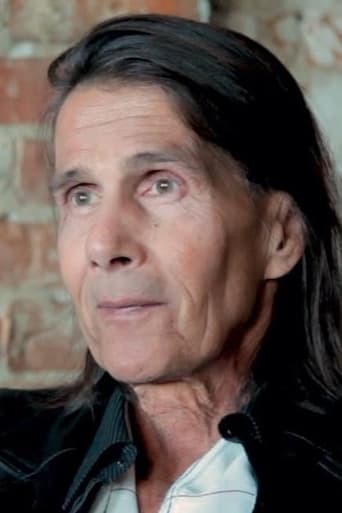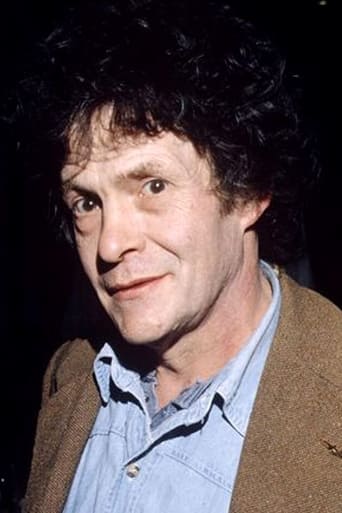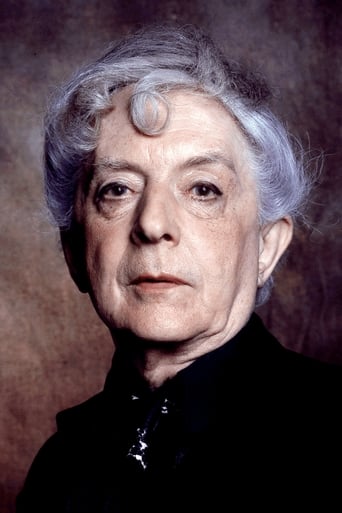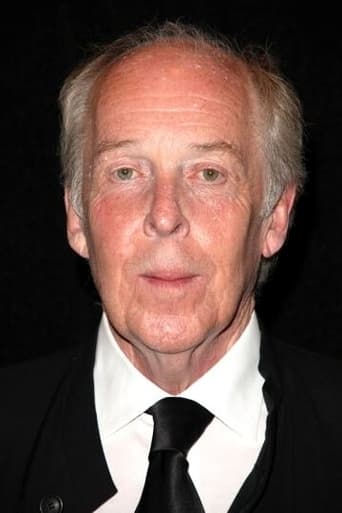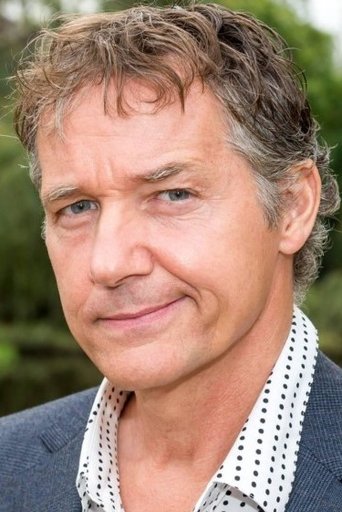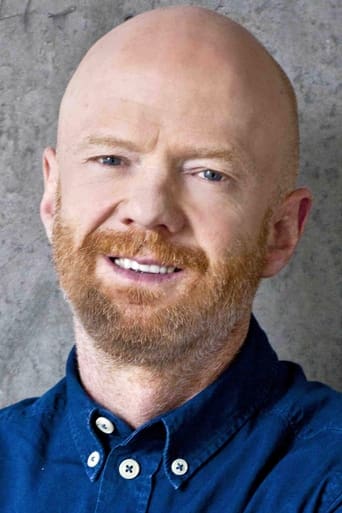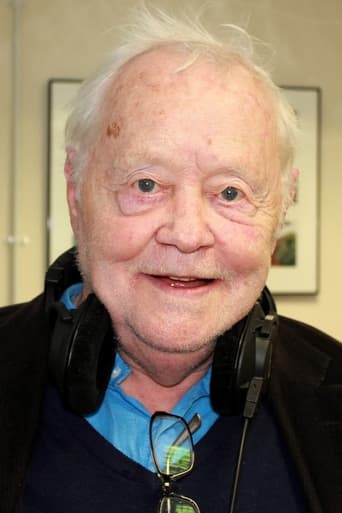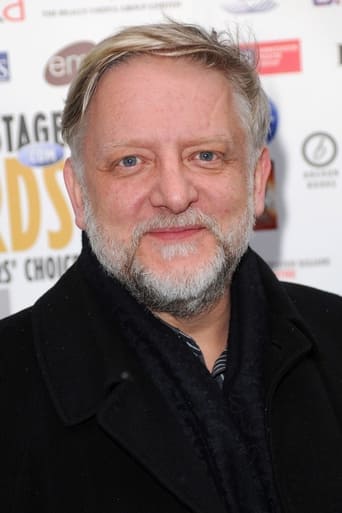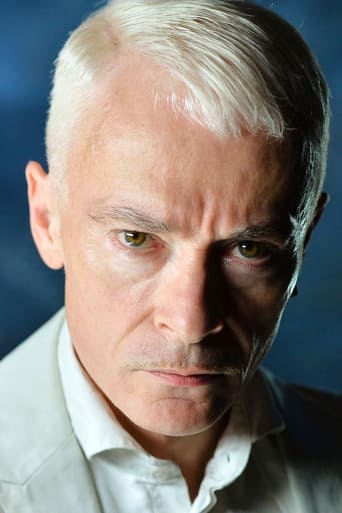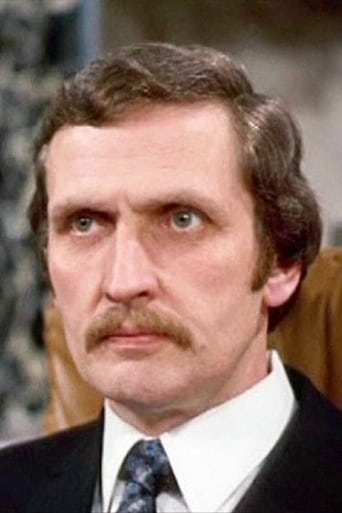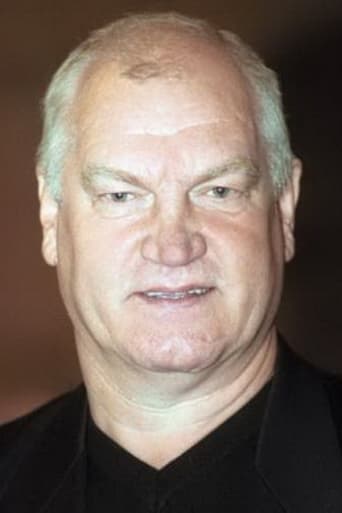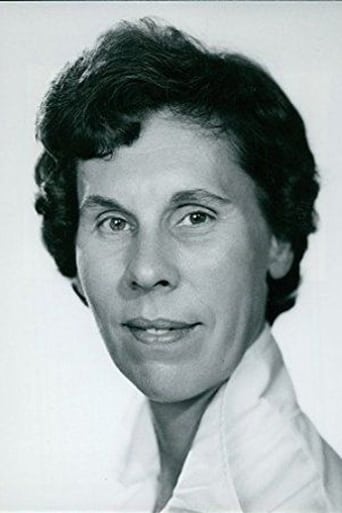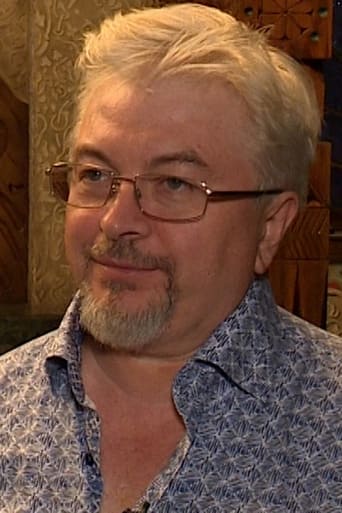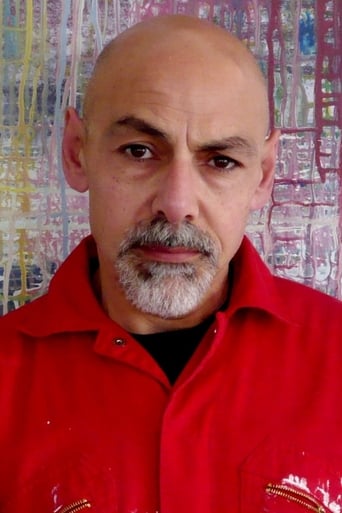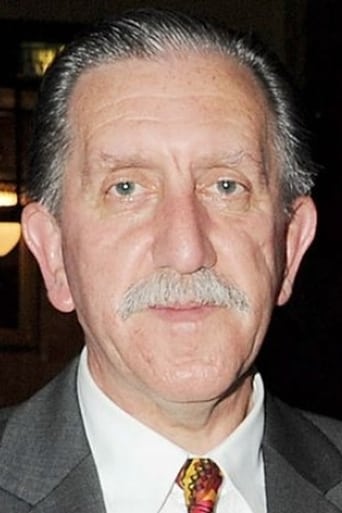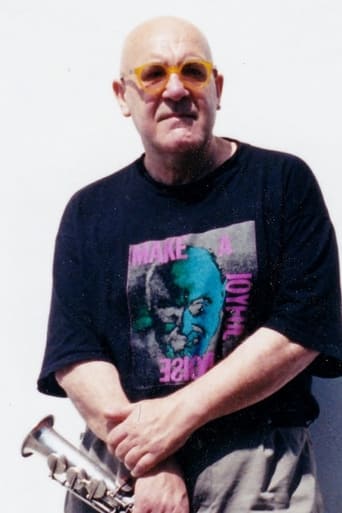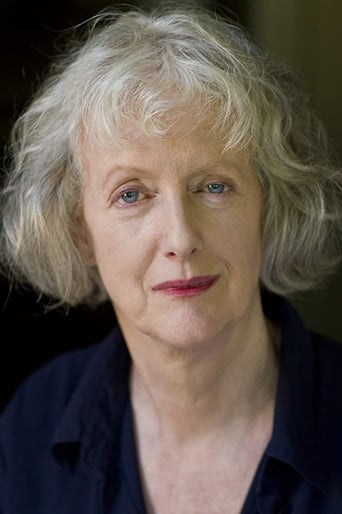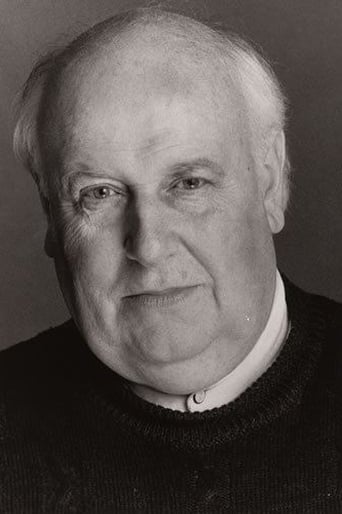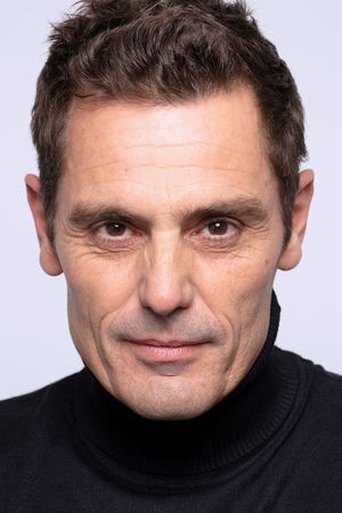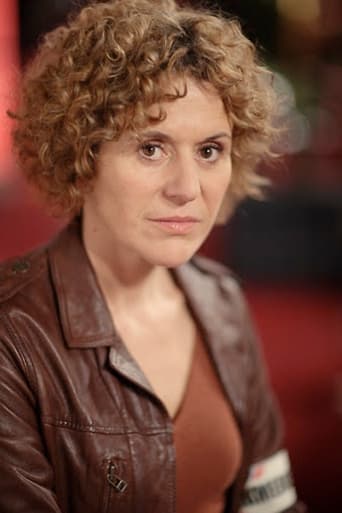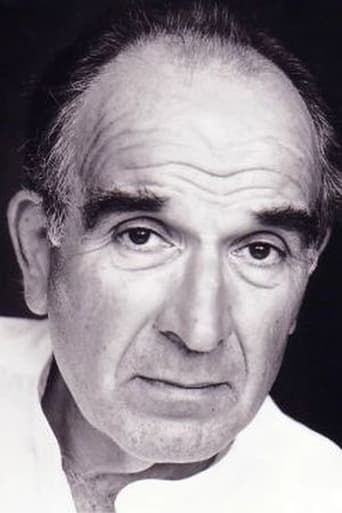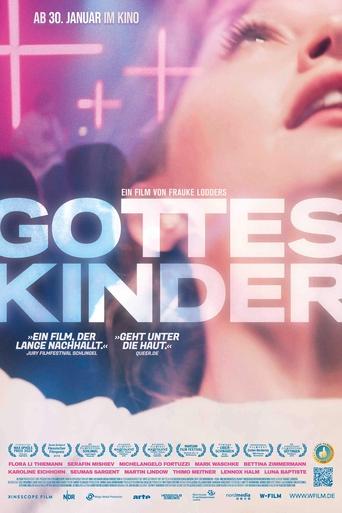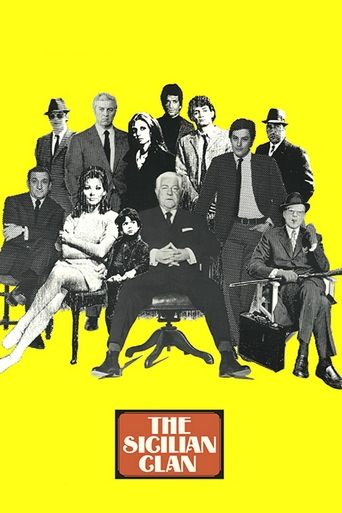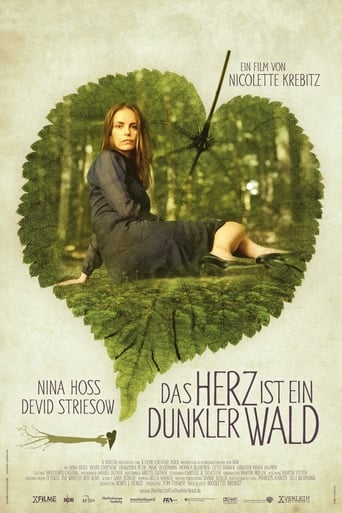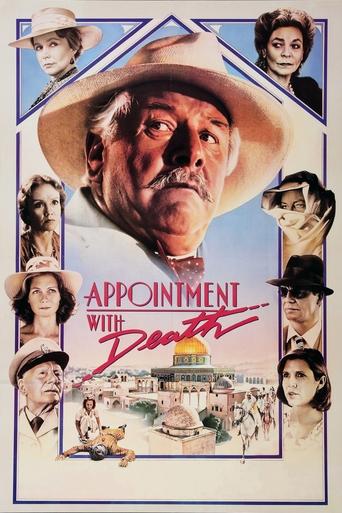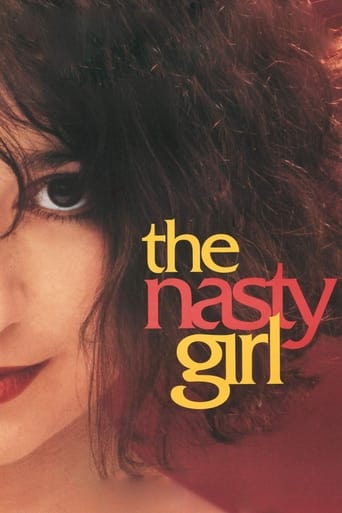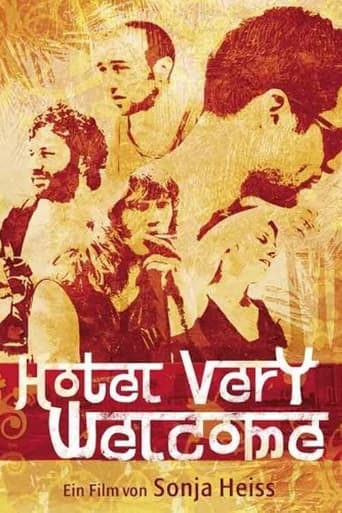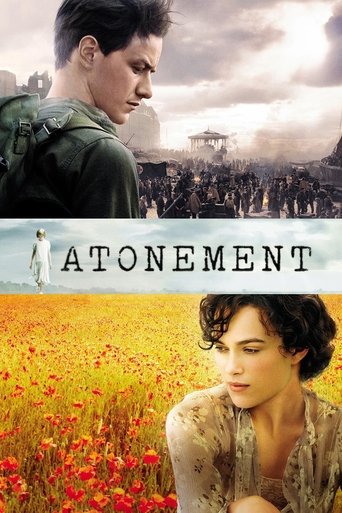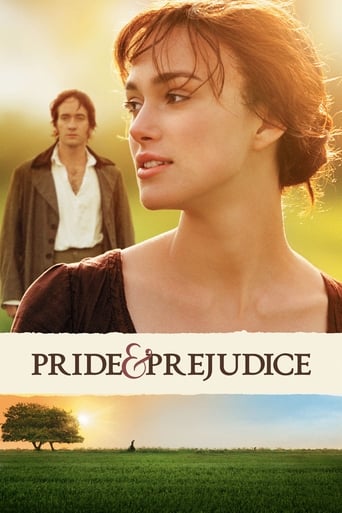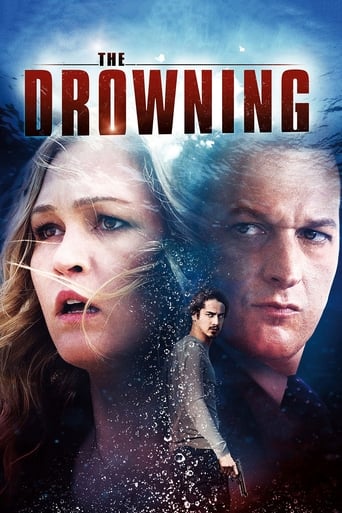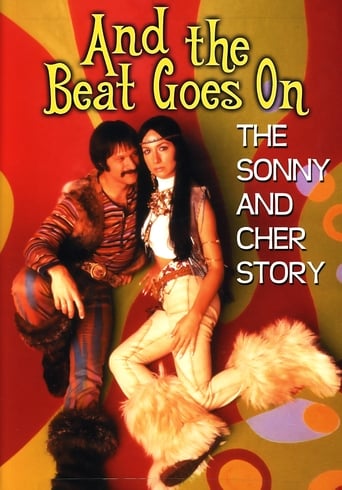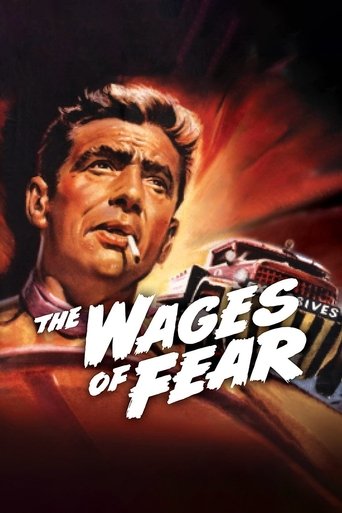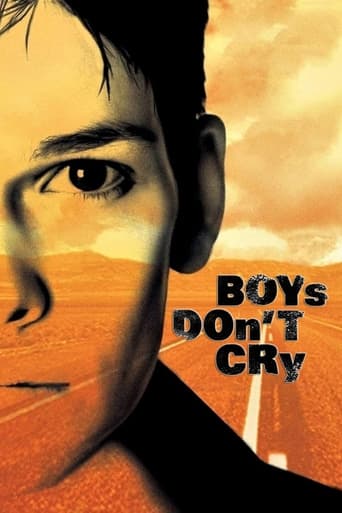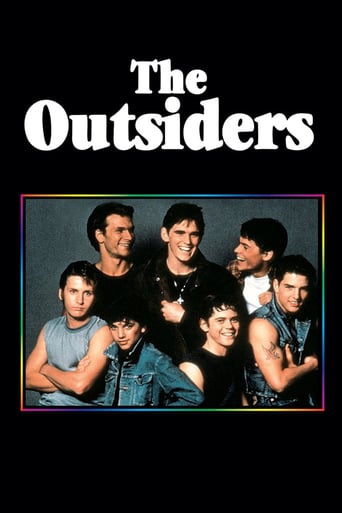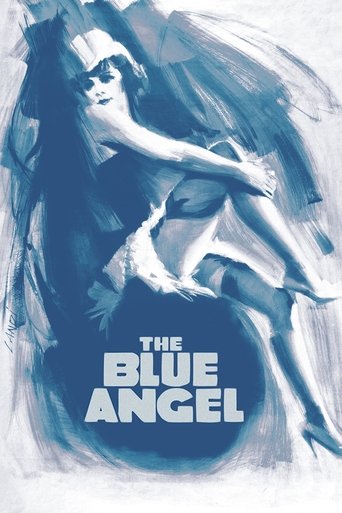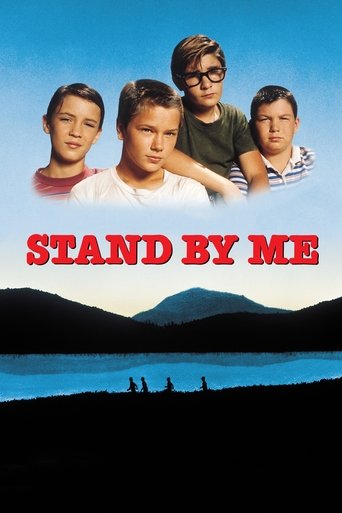










Orlando (1992)
England, 1600. Queen Elizabeth I promises Orlando, a young nobleman obsessed with poetry, that she will grant him land and fortune if he agrees to satisfy a very particular request.
- Sally Potter
- Christopher Newman
- Michael Zimbrich
- Simon Moseley
- Christian McWilliams
- Penny Eyles
- Sally Potter
- Virginia Woolf
- Walter Donohue
Rating: 6.9/10 by 331 users
Alternative Title:
Orlando, a Mulher Imortal - BR
올란도 - KR
Country:
France
Italy
Netherlands
Russia
United Kingdom
Language:
English
Français
Pусский
Türkçe
Runtime: 01 hour 30 minutes
Budget: $4,000,000
Revenue: $5,377,643
Plot Keyword: london, england, based on novel or book, queen elizabeth i, breaking the fourth wall, androgyny, woman director, nobleman, women's rights, ottoman empire
**Based on a somewhat controversial novel, it tackles gender issues and other deep subjects quite well.** “Orlando” is perhaps one of the most interesting and controversial novels by the equally controversial Virginia Woolf. The details of this writer's life are known: the sexual abuse she suffered in childhood, the depressive crises, the existential doubts she experienced all her life, her bisexuality. And “Orlando” was born in this context: it is the result of the relationship between Woolf and Victoria Sackville West, an aristocrat who maintained an open marriage, in which she could live her sexuality with other women. To what extent have Victoria or the author herself, at certain moments, not wanted or fantasized about an eventual sex change? I don't know, however, I assume that Woolf's novel may be one of the first literary works to explore the possibility of transsexuality. The film doesn't do much more than transport Woolf's words to the screen, recreating a story where a young androgynous English aristocrat of the Elizabethan court, Lord Orlando, finds himself the object of the affection of the old queen, who gives him various goods and perks. on condition that he can never grow old or die, which actually happens! Thus, “blessed” (the eventual negative consequences are never addressed) in this way, Orlando crosses the centuries without aging a day, lives in love and gets to know other countries. At one point, he is possessed by a sleep he cannot wake up from, and when he finally wakes up, he has mysteriously become a woman, and spends the next two hundred years proving that not only did he never die, he changed sex. And the years go by, with the film ending in our days. The film is responsible for boosting the film career of Tilda Swinton, a British actress who, even before making this film, was already pursuing a somewhat androgynous aesthetic look, perhaps due to having spent her childhood as the only girl among several male brothers. . The truth is that the film contributed decisively to the actress's career. She dominates the film and gives us a superb performance. John Wood and Quentin Crisp also do great value work. Technically, what stands out the most about this film is the cinematography, very careful and beautiful, and the smooth but consistent pace of a film that can take a while to convince viewers, but manages to do it and keeps our attention until at end. Filmed largely on British soil, it makes good use of various aristocratic houses as part of its set, and all the costumes, for each historical era, were really well done.
Tilda Swinton is superb in this story of the eponymous Tudor noble who obeys a command from the enamoured Queen Elizabeth (Quentin Crisp) and refuses to grow old. The film now follows the adventures, loves and ultimately depicts how the character adapts - quite literally - as England becomes Britain and eventually he becomes free! The experiences as an ambassador in the middle east, the determination to retain the family property when the authorities begin to smell a rat, the arrival of a child - all build upon this wonderfully enigmatic Virginia Woolf creation that defies typical analysis. This is story of humanity and of it's own reluctance to embrace meaningful change as events and the environment relentlessly changes around it. Historical figures from Othello to King James I appear throughout this quirkily engaging chronology that is colourful, vibrant and enjoyably imaginative with this particular adaptation taking a little liberty with the book by extending the timeline into the more modern era. Whilst "Orlando" may evolve with some Hermaphroditic characteristics, they serve as a conduit to this story and are not overtly central to the action. It's that very gender ambiguity that becomes gradually better defined as if the immortal is emerging from a fog - and Sally Potter keeps that remarkably well focused for the ninety minutes of screen time we are presented with here. It is an hard film to evaluate, it may or will mean many different things to many different people, and that's what makes it very watchable indeed.



